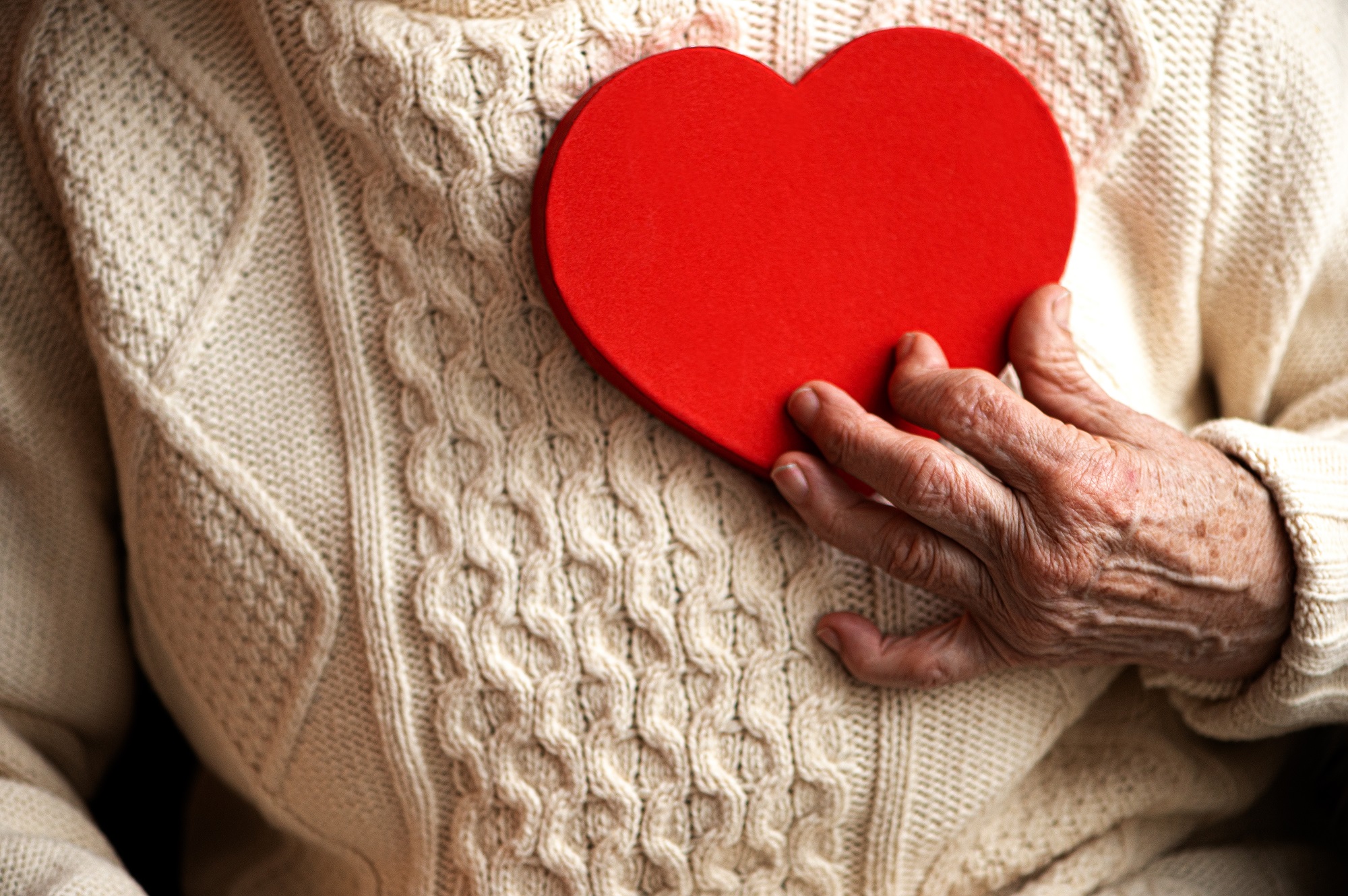
Heart Health for Seniors
February 7, 2023Your heart is the organ that keeps the rest of the body running. While one’s heart health is important at all ages, partaking in practices that promote proper heart health for seniors is especially crucial. As we age, we are more likely to suffer from heart attacks, strokes, or other heart diseases due to issues like slower heart rates, a buildup of fatty deposits, or arteriosclerosis.
February is American Heart Month, and there isn’t a better time to change one’s habits to improve their cardiovascular health. Continue reading to learn more about the signs of heart disease, as well as ways you can prevent it. Remember to consult with your doctor before making any changes to your diet or exercise.
What are the signs of heart disease?
Heart disease is a condition caused by the buildup of plaque in the walls of the coronary arteries. This limits the space for blood to flow and deliver oxygen to the heart, which can lead to problems like angina or heart attack.
Heart disease is a dangerous condition that must be consistently monitored. If you have a history of heart disease in your family, make sure you attend regular doctor’s appointments to catch it early. If you notice any of these symptoms, talk to your doctor about them.
- Shortness of breath after physical activity and rest
- Chest pain that occurs during physical activity and improves after rest
- Reduced ability to maintain exercise
- New pain, numbness, and/or tingling in the shoulders, arms, neck, jaw, or back
- Swelling in the ankles, feet, legs, stomach, and/or neck
- Lightheadedness, dizziness, or headaches
- Cold sweats
- Nausea
- Tiredness or fatigue
- Confusion
How can I prevent heart disease?
Unlike many conditions, heart disease is largely preventable by making healthy lifestyle choices. Thankfully, it’s never too late to make a change. If you have diabetes, high blood pressure, and high cholesterol, keep them in check by meeting with your doctors. Then, while you’re there, talk to them about whether or not these healthy practices are right for you, and incorporate them into your life as instructed.
Keep physically active
Many seniors fall into a sedentary lifestyle the older they get, much to the detriment of their health. Keeping physically active is not only fantastic for your joints, muscles, and balance, but it is wonderful for your heart. Regular physical activity lowers high cholesterol and blood pressure, which can lead to heart disease.
Staying physically active doesn’t have to mean extreme workouts at the gym if you don’t want it to. Even walking, swimming, dancing, and activities like gardening are fantastic ways to keep you moving.
Follow a heart-healthy diet
Certain foods—like those high in fat or sugar—can predispose you to heart disease. Try to avoid foods with added sugar, fat, and starchy foods. Instead, consume whole grains, low-fat milk, and get your protein from lean meats like seafood and poultry. A great thing to remember is to “eat from the rainbow,” which encourages you to eat nutrient-rich fruits and vegetables with every meal.
Keep a healthy weight
Those with higher weights are more likely to experience high blood pressure, diabetes, respiratory issues, and even certain types of cancer. Maintaining a healthy weight is great for all aspects of your health, including your heart. Staying physically active and eating well are great ways to do so. Just remember to talk with your doctor before making any extreme changes.
Limit drinking and quit smoking
Alcohol has been shown to raise blood pressure and triglyceride levels. Smoking damages artery walls, among a myriad of other problems. Eliminating both will lower your risk of certain risk factors that can cause heart disease, as well as other conditions.
For help quitting, talk to your doctor. They can guide you to support groups and offer other resources.
Stay healthy with the help of an at-home caregiver
Maintaining one’s health on top of one’s home can lead to undue stress—which can also exacerbate any heart conditions. If you’re struggling to keep up with the responsibilities of living at home, hire the help of an at-home caregiver. These professionals can assist with tasks like personal care, meal preparation, medication reminders, light housekeeping, and more.
If you think you would benefit from the help of an at-home caregiver, call us at (773) 274-9262. We would be happy to help.
Articles:
-
How to Use FaceTime: a Senior’s Guide
March 20th, 2024 -
The Best Organic Cleaning Products for Caregivers
March 19th, 2024 -
Celebrating St. Patrick’s Day with Seniors
March 14th, 2024 -
Intellectual Activities for Seniors to Keep their Brains Stimulated
March 13th, 2024 -
Tips for Communicating with Seniors with Hearing Loss
March 12th, 2024 -
How to Learn a New Language as an Older Adult
March 7th, 2024 -
Foods that Support Bone Health in Seniors
March 6th, 2024 -
A Note to Our Staff for Caregiver Appreciation Day
March 1st, 2024 -
The Importance of a Senior/Caregiver Bond
February 21st, 2024 -
Recreational Sports as Fitness for Seniors
February 27th, 2024 -
Exploring the Wonders of Reminiscence Therapy
February 15th, 2024 -
Staying Educated on Alzheimer’s Disease and Dementia Care
February 14th, 2024
Call Now! 773.274.9262






